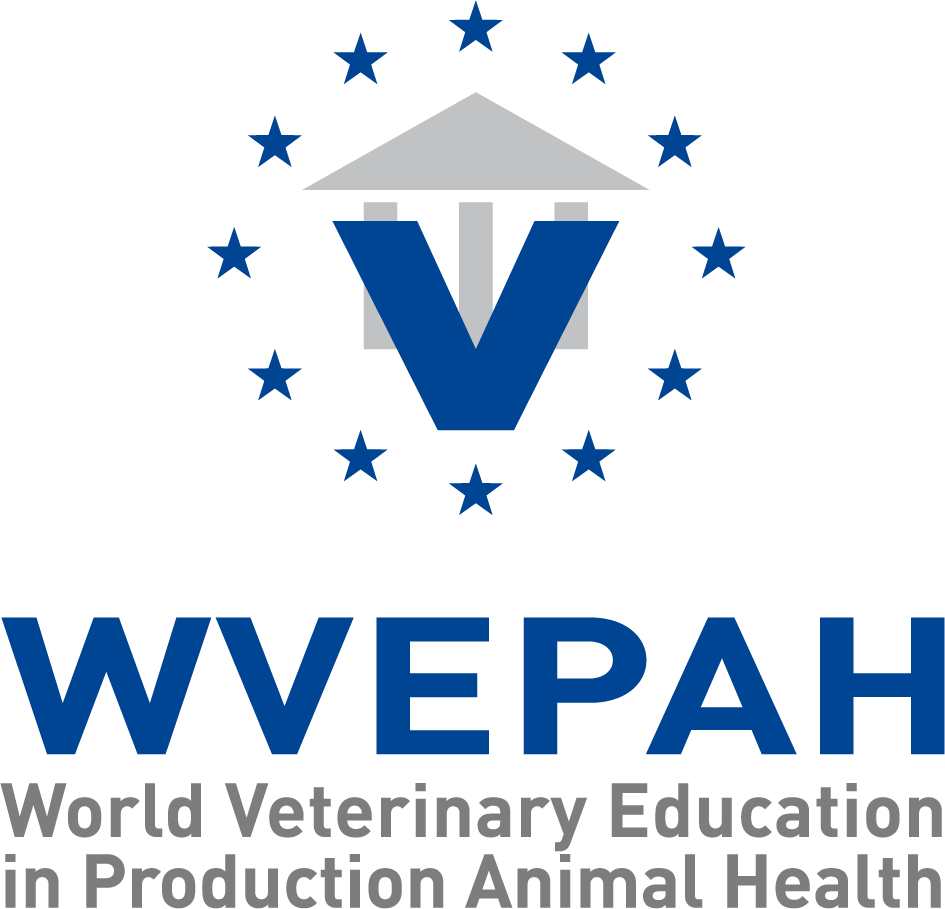Aquaculture module in Italy 2024
WVEPAH Hosts the residential part of the First Aquaculture Module in Padova, Italy: "Fundamentals of Operational Aquaculture Farm Health management"
The WVEPAH hosted its inaugural aquaculture module in Padova, Italy. This event was a remarkable gathering of veterinary professionals from diverse countries, including Italy, Singapore, Tunisia, France, and the UK, united by their shared passion for aquaculture and the health of aquatic species.
Held at the prestigious Istituto Zooprofilattico Sperimentale delle Venezie, the course was an intensive, 42-hour program. It was the second half of the first training module: « Fundamentals of Operational Aquaculture Farm Health management ». The module I will be followed by a specialized module. The whole training and certification is designed to give participants cutting-edge and practical skills essential for addressing the many challenges in the aquaculture industry today. With a mix of theoretical learning and hands-on experience, the module offered deep dives into topics such as diagnostics, farm audits, treatments, etc.
1. Diagnostics and Laboratory Techniques:
Participants had the opportunity to perform necropsies, learning how to properly collect and handle samples from gills, skin, and intestines. They explored diagnostic methods to detect parasitic, bacterial, and viral diseases affecting freshwater and marine species. This hands-on experience was crucial in helping participants refine their approach to laboratory techniques and disease identification.
2. Pathology of Aquatic Species:
A significant portion of the course was dedicated to understanding the major diseases that affect aquatic species. From parasitic diseases like those caused by crustaceans and ciliates to bacterial infections such as furunculosis and streptococcosis, the module explored each condition in detail. The sessions were led by experts like Olga Haenen and Andrew Shinn, who provided valuable clinical case studies to illustrate common challenges in the field.
3. Field Visits to Aquaculture Farms:
One of the most anticipated aspects of the module was the field visit to a local fish farm. Participants assessed farm systems using good management practices. These visits allowed participants to evaluate real-world farm environments, assess fish health, and conduct audits, which are vital skills in ensuring biosecurity and animal welfare in aquaculture.
4. Treatment Management, Prescriptions, Efficacy Assessment, Resistance Management, and Vaccination Programs
Aquaculture veterinarians face numerous challenges in prescribing treatments and vaccines while managing antimicrobial resistance. Participants learned how to prescribe treatments, monitor their efficacy, and implement proper vaccination programs. The module also highlighted the importance of reducing AMR through responsible use of veterinary medicines and ensuring environmental sustainability.
The first WVEPAH aquaculture module and its presential part in Padova was more than just a training course—it represented a commitment to the future of aquaculture as an essential part of global food security. With the aquaculture industry growing rapidly worldwide, veterinary professionals play a pivotal role in ensuring that farmed aquatic species are healthy, well-treated, and sustainably managed.
Participants left the event equipped with new skills and insights to apply to their practices. They also built lasting connections with peers from different parts of the world, creating a global network of experts committed to improving the health and welfare of aquatic animals.
After completing the two modules, the exams and submitting the expected deliverables the participants will obtain a certification by The University of Montreal that will be validated by World Organisation for Animal Health (WOAH).













